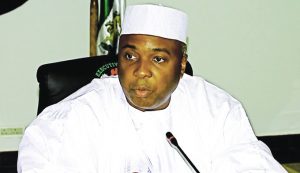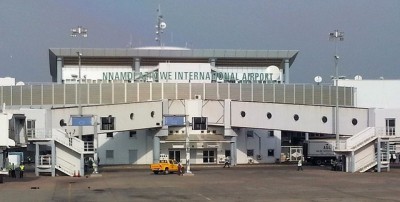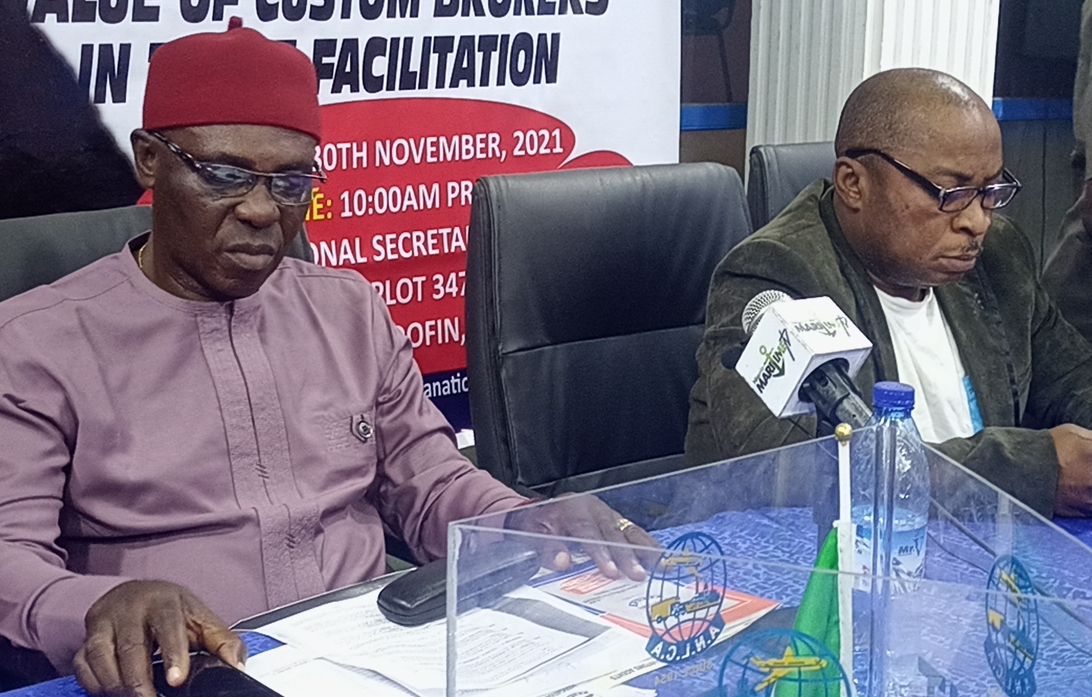Saraki Summons Senators To Amend NTC Bill

By Kenneth Jukpor
Following President Mohammadu Buhari’s decision to decline assent to the National Transport Commission (NTC) bill, Senate President, Bukola Saraki has summoned all relevant Senators to address the excesses observed in the bill.
Saraki called on the relevant Senate Committees, including the Senate Committee on Land Transport led by Senator Gbenga Ashafa to speedily make amendments on the three conflicting sections, as the Senate plans to send a revised copy to President Buhari in January, 2019.
A top managerial source at Nigerian Shippers’ Council (NSC) revealed this to MMS Plus during an exclusive chat.
According to the source, the Ministry of Transportation had written to the Presidency based on observations made by NSC on safety regulations and the percentage of the amount to be retained by the agency from royalties collected under Section 19 be reduced from 10% to 5%.
NSC had also pointed out that the portion of the proceeds from royalties collected by the authority empowered to collect royalties from transport service providers should not exceed 10 per cent which is collected by service providers and concessionaires.
The source noted that these changes were made at the National Assembly as the initial document didn’t contain such excesses as well as the conflicting portions infringing on the establishing Acts of the Nigerian Ports Authority (NPA) and the Nigerian Maritime Administration and Safety Agency (NIMASA).
Only three sections are set to be revised as the other parts of the one hundred and seventy sections NTC bill got a clean bill of health.
Buhari had said in his letter to the National Assembly that some sections of the NTC bill contained safety regulations that would duplicate the functions of existing transport agencies.
He said, “Safety regulatory provisions enshrined in some sections of the bill which are technical in nature fall within the purview of central legislation of NIMASA and NPA.
“Two, the percentage of the amount to be retained by the agency from royalties collected under section 19 (2)(d) should be reduced from 10 to five per cent.
“Section 12 (9)(2)(d) stipulates that a portion of the proceeds from royalties collected by the authority empowered to collect royalties from transport service providers should not exceed 10 per cent which is collected by service providers and concessionaires.
“Three, section 19 (2)(f) which stipulates charge of three per cent freight tariff stabilisation fee on all imports and exports out of Nigeria including wet and dry cargoes should be amended and reduced from three per cent to one per cent” Buhari said.
Meanwhile, the Director-General of the Chartered Institute of Logistics and Transport (CILT) Nigeria, Mr. Paul Ndibe advised the Presidency to allow the bill scale through since the benefits outweigh the bottlenecks, noting that the conflicting areas could be expunged from the NPA and NIMASA Acts.
“Let us look at the overriding benefits of NTC for the sector. If NTC bill would help in regulating the entire transport sector, then those conflicting areas can be expunged from NPA and NIMASA Acts. NTC bill should scale through while the amendment process begins to address NPA and NIMASA Acts” he said.
However, a Transport Analyst, Mr. Galtima Liman has admonished the existing transport agencies to live up to their mandates, noting that there was sufficient legislation and agencies to ensure the nation’s transport sector is viable and efficient.
“The point is that there are sufficient legislation in the transport sector to enable the country achieve whatever it intends to in the industry. The problem is that transport agencies in the country are more concerned about maximizing opportunities for generating revenue”
“Look at the NIMASA Act, it was manipulated because the agency has become more interested in issuing contracts as a security agency. National Maritime Authority (NMA) was set to address more crucial issues in the sector; provide framework for acquisition of vessels and promote commercial shipping” he said.







